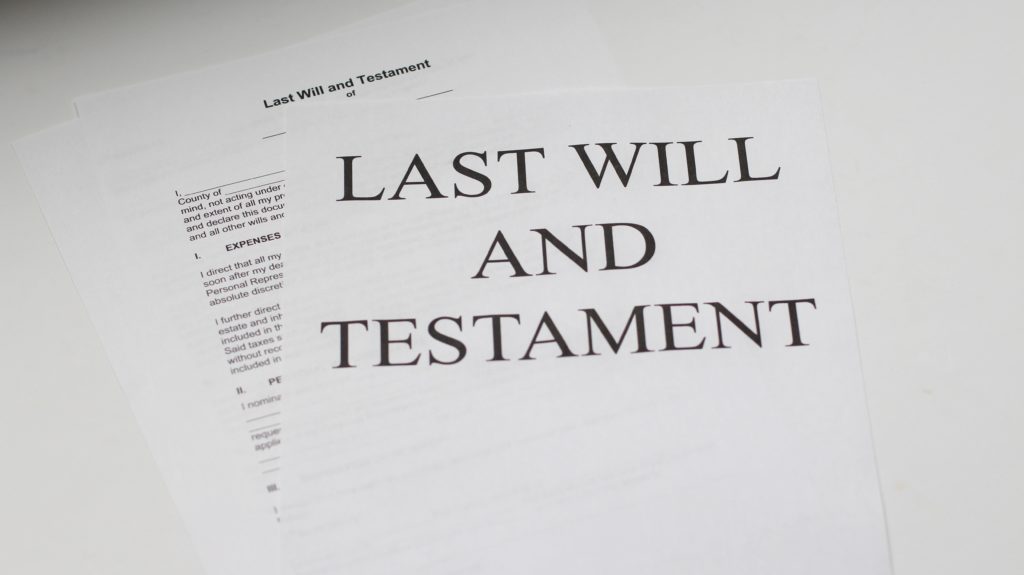Do I Have to Pay Off My Deceased Husband’s Debts?

Losing your spouse is a painful, confusing time, but add to that repeated calls from an aggressive debt collector and a bad situation suddenly can get even worse.
What Taxes Have to Be Paid When Someone Dies?

Tax obligations continue on despite the passing of a loved one, and in some cases, come about because of it. Tax deadlines pose a challenge for grieving families.
What Is the First Thing an Executor of a Will Should do?

At some point in your life, there’s a good chance you’ll be tasked with acting as the executor of an estate. The designation is both an honor and an obligation.
Can I Give My Child Access to My Bank Account? Should I?

Would your loved ones have necessary access to your bank accounts after you die to help carry out your last wishes and handle arrangements?
Major Life Events Necessitate Estate Plan Changes

If your life changes, so should your estate plan. Marriage, divorce, death of a spouse, a birth and a changing relationship with a child are just some of the life changes that may affect your estate plan.
How Does Probate Work?

A probate judge is an official of the county court system and a judicial official of the state, who decides civil court cases that involve the probate process.
What’s an Enhanced Life Estate?

Your house might be your single most valuable financial asset. So you want to make sure you can give it to those you love when you die, without giving up the farm. That can be tricky.
What You Need to Know about Probate

A will is a legal document that spells out the distribution of your assets and how your children will be cared for at your death. Probate is a process used to prove a decedent’s will is valid and to supervise the handling of their estate.
What are the Advantages of a Testamentary Trust?

This legal document can also be beneficial in other situations, such as if you want to leave an inheritance to someone but aren’t sure they will use the gift wisely.
Does a Beneficiary on a Bank Account Override a Will?

Beneficiaries, in general, are people or entities that the holder of an account designates to receive the assets in the account, typically, in the event of the account holder’s death.


